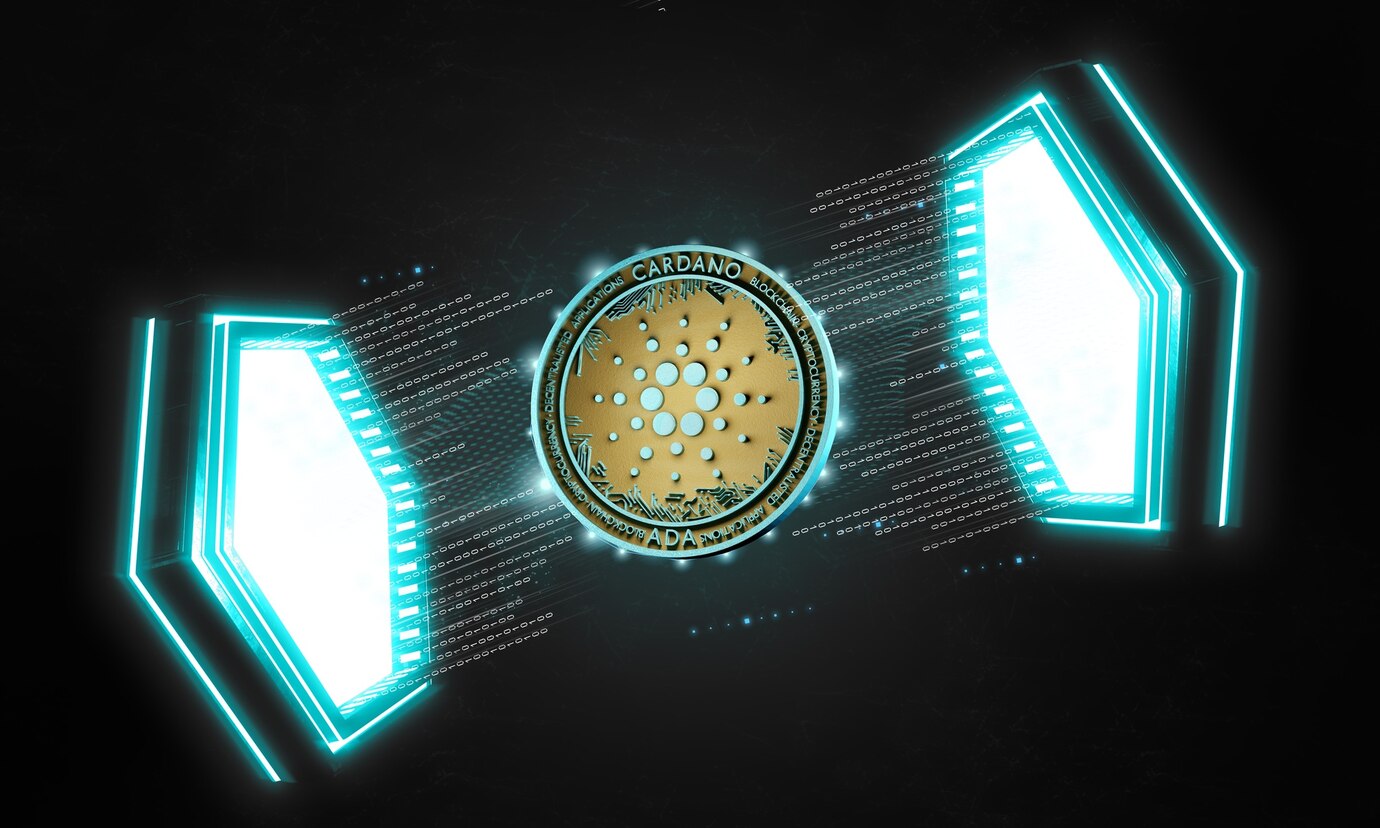Solana has recently encountered a major security hurdle with the discovery of two sophisticated drainers- Aqua and Vanish that exploit transaction conditions to steal user funds. These malicious programs exploit certain vulnerabilities in transaction conditions, with the potential of siphoning off users’ cryptocurrency even after approval. This development has led to discussions about the evolving landscape of cyber threats in the Blockchain space and the urgent need for strong security measures.
How Do These Drainers Work? Reversing Transactions
Consider an example of authorizing a dApp to send crypto to a friend. Normally, you would expect the transaction to proceed as intended. However, Aqua and Vanish operate differently. These drainers exploit a loophole in the way dApps interact with transaction conditions. Here is the breakdown:
- DApp authorization- You grant permission to a dApp to send SOL on your behalf based on specific conditions (e.g., sending a certain amount to a specific address).
- Drainer’s intervention– Before the transaction finalizes, the drainer sneakily flips the condition- a bit-flip attack using a separate transaction.
- Hidden theft- Instead of sending SOL to your friend, the modified condition now routes the funds to the drainer’s wallet, leaving you unaware of the manipulation.
This sophisticated ploy highlights the grave vulnerability of trust-based systems like dApps. While convenient, they introduce potential attack vectors that malicious actors can exploit.
SaaS Scams Democratize Draining and Make Cybercrime Accessible
The accessibility of these drainers is another cause for concern. Reports suggest scripts for Aqua and Vanish are available for purchase in scam-as-a-service (SaaS) marketplaces. This democratization of cybercrime lowers the barrier to entry for attackers as it requires minimal technical expertise. The growing popularity of Solana alongside a large online community associated with a specific Solana wallet drainer kit (over 6,000 members) further highlights the widespread nature and potential impact of this threat.
Fighting Back with Security Measures and User Awareness
Fortunately, security firms like Blowfish are actively tackling these threats. They have implemented automated defenses to block Aqua and Vanish and continuously monitor on-chain activity for suspicious behavior. However, the challenge remains complex as attackers constantly develop new techniques to bypass security measures.
It is important to stay informed and employ safe practices to protect yourself in the Blockchain space.
Here is how you can protect yourself:
- Be cautious of phishing scams– Do not be lured to fake DeFi platforms that trick you into approving malicious transactions. Always verify the platform’s legitimacy before interacting.
- Double-check transaction details– Before signing any transaction, thoroughly review the details, especially the recipient’s address and amount. Do not rush through, and verify everything.
- Consider security tools– Explore tools that offer additional protection against unauthorized transactions and phishing attempts.
Final Thoughts- A Broader Security Challenge
While the focus falls on Solana, this incident highlights the broader security challenges facing the entire Blockchain ecosystem. As Blockchain technology evolves, new vulnerabilities also emerge, increasing the need for continuous improvement in security protocols and user education. Collaboration between security firms, developers, and users is also vital to stay ahead of evolving threats and ensure the safe and secure use of Blockchain technology.

Celine Brooks is a renowned journalist and author specializing in cryptocurrency and blockchain technology. She holds a Master’s degree in Economics from Harvard University and is very passionate about Crypto. Celine regularly hosts webinars and workshops, sharing her insights and forecasts about the evolving digital currency landscape. She is also an active contributor to several leading financial and tech publications, where she breaks down complex crypto trends into understandable insights for everyday investors.

